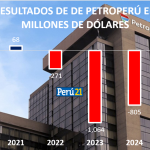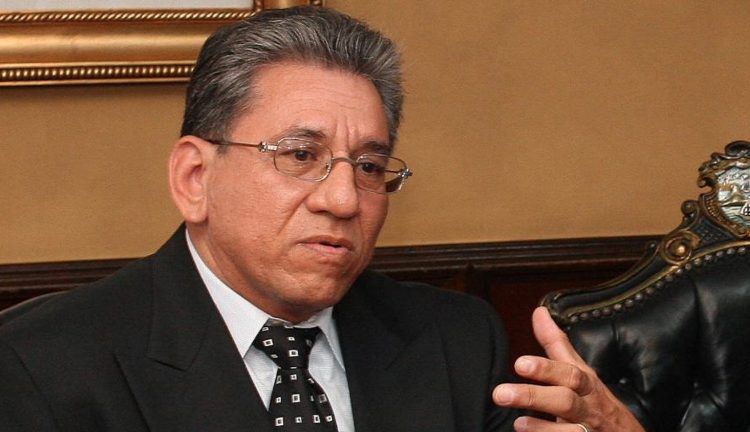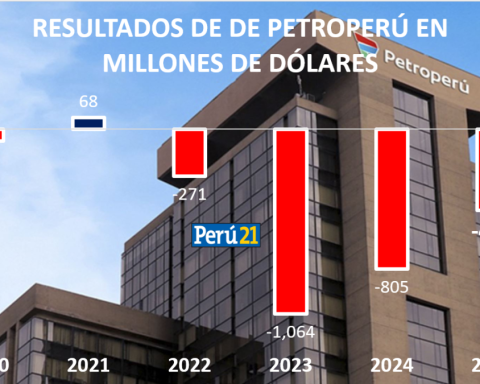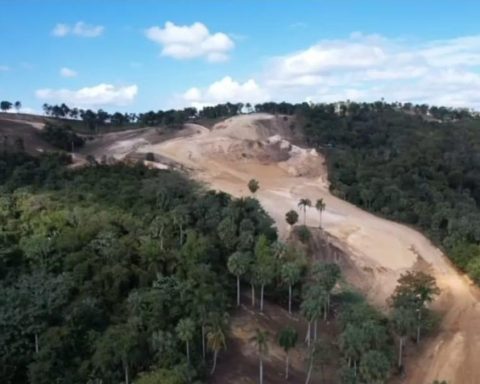M
tomorrow a new one begins chapter in the history of Mexico, the second stage of a transformation process that began six years ago, under the direction of a new paradigm of social democracy of law, with broad popular participation, which left behind decades of fundamentalist neoliberalism, with governments that , with its nuances and variants, maintained macroeconomic balances but spread poverty and exacerbated social inequalities.
It has been an arduous process of removing ossified structures, with unthinkable, unusual changes, and that have yielded undeniable results even for critical sectors of the change in the economic model. But there are also pending issues, sectors that must be supported to continue favoring the lowest income deciles, the base of the pyramid, the segments previously neglected, or at least not sufficiently served.
Among the assets with which this federal administration begins, the substantive reduction of poverty stands out, measured with its own methodological criteria both by national organizations, Coneval, and by equally accredited foreign entities, such as the World Bank.
In this same segment we commented on the forceful opinion of the World Bank in its regional study of the Latin American subcontinent, where it reveals that public policies, especially those related to employment and increasing the income of workers, had a formidable impact on the reduction of poverty. , in both relative, percentage, and absolute, quantitative terms.
The improvement in workers’ income and the increase in the universe of people who have jobs pushed almost 10 million Mexicans out of poverty between 2018 and 2024, a figure that is unprecedented for a six-year period. Added to this progress was the reduction in the unemployment rate, from 3.7 to 2.7 percent in the period analyzed, while the informality rate fell from 55.8 to 54.8 percent, and the participation rate rose from 59.7 to 60.5 percent. .
But, in addition, real per capita income, adjusted for the cost of the food basket, grew 8.2 percent, only between the fourth quarter of 2022 and the same period of 2023, which means that in the entire six-year period the increase was much elderly.
The combination of more employment and better pay made it possible, according to the WB, that from 2018 to the end of this administration the country went from 35.7 million people in poverty, and that they represented 28.8 percent of the population (calculated for that year in 124 million), to 26.1 million people in 2024, which represent 20.2 percent of the population, calculated by the organization at 129.4 million people.
An indicator that the World Bank study does not mention, but that also has a lot to do with the average increase in the income of Mexicans, was the increase in the purchasing power of the minimum wage, the largest in the last six years, in real terms, not only among the Latin American countries, but among the 34 that make up the OECD.
Social inequality, therefore, has also been significantly reduced: according to data from the National Survey of Household Income and Expenses (Enigh), prepared by Inegi, income inequality in the country has experienced a radical decrease in recent years. , since the Gini coefficient went from 0.464 in 2016 to 0.413 in 2022, the latest record.
To be clearer: decile V) accumulated 20.4 percent, while in 2016 the X decile accumulated 40.6 of the income, and half of the population with the lowest income accumulated 18 percent. The upward trend in the income of the lowest deciles of the population continued, as revealed by the World Bank study, which means that today the extremes of wealth and poverty are less obvious.
But there are also important pending issues that must be covered, such as the situation of indigenous peoples, where the greatest expressions of marginalization and poverty continue to be concentrated, although they were prioritized in the expansion of social programs. An enormous step forward was taken last week when finally, through reform of Article 2 of the Magna Carta, indigenous peoples and communities achieved the legal and constitutional status of subjects of public law, an approach that we had already made and that had never materialized.
Another subject to reinforce is productivity and justice in the Mexican countryside, especially achieving food sovereignty in the cereals of the basic basket and which already appears as one of the guiding axes in the government proposal, a pillar of the national development plan to be formalized. by the already morning constitutional president Claudia Sheinbaum, the first female president of Mexico in more than 200 years of independent life, and also the Executive with the greatest legitimacy of mandate in the last five decades.
Success in the new federal administration to begin, because not only the final balance of the six-year term, but the future of the new generations will depend on the effectiveness of this government.
















